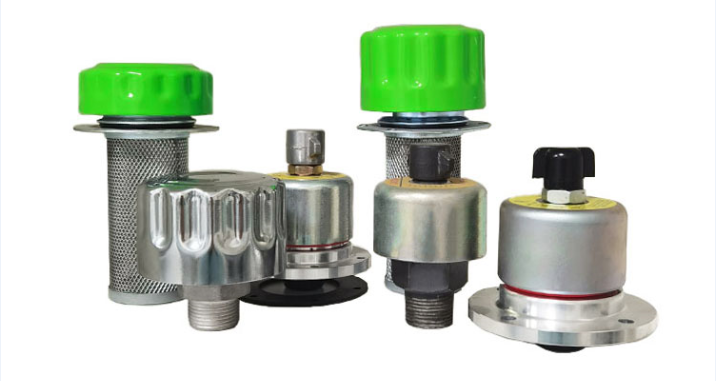The pipeline filter has the following main features:
1. Functional decomposition of pipeline filters
By using different filters for different functions, and then connecting each filter through the pipeline, the pipeline filter can achieve a good encapsulation and decomposition of functions.
2. High cohesion and low coupling
Each filter acts as a separate processing module that is independent of each other and interacts only through data streams, which reduces the dependency between the various parts of the system.
3. Easy to maintain and upgrade
In the pipeline filter system, it is easy to add new filters or replace old filters to achieve functional modifications or updates without affecting other parts of the system.
4. Support parallel processing of pipeline filters
Since each filter can be completed as a separate task, they can be executed in parallel with other tasks, improving the processing efficiency of the system.
5. A variety of types of pipeline filters
According to different application scenarios and requirements, there are many types of pipeline filters, such as through type, basket type, T type, Y type, dual, etc., to adapt to different fluids and filtration needs.
6. Protect equipment and instruments
The pipeline filter can remove large solid impurities in the fluid, protect the normal operation of compressors, pumps and other machines and instruments, and ensure the stability of the process and production safety.
7. Installation flexibility of pipeline filters
Some types of pipeline filters (such as basket filters) can be installed in parallel to achieve non-stop cleaning and maintenance, improving the continuity and reliability of the system.
8. You're adaptable
Types such as basket filters are commonly used in liquid systems, have a larger capacity and lower pressure drop, and are suitable for holding more waste and impurities.
9. Structure and composition of pipeline filters
The pipe filter is mainly composed of nozzle, cylinder, filter basket, flange, flange cover and fastener, etc. These parts work together to achieve the filtration function.
10. Selection consideration
When selecting a line filter, consider its accuracy, performance, applicable fluid type, and the specific requirements of the system to ensure that the filter can meet the specific application needs.

